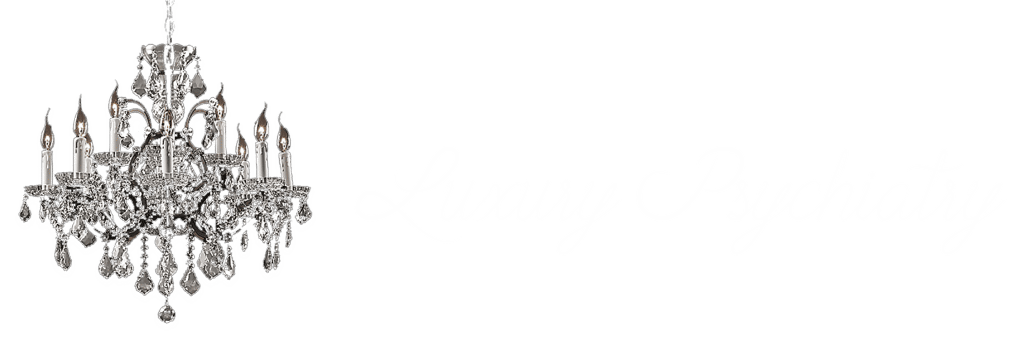Ketamine is classified as a dissociative anesthetic, but it also exhibits properties commonly associated with psychedelics. Unlike classical psychedelics such as LSD or psilocybin, which primarily affect serotonin receptors, ketamine primarily targets the NMDA receptors in the brain. This unique mechanism results in profound alterations in perception, mood, and cognition, often leading to what some describe as “out-of-body” experiences. These effects have led to ketamine being considered a psychedelic, particularly in the context of its therapeutic use in mental health treatments.
The psychedelic properties of ketamine are harnessed in controlled medical settings to treat various mental health conditions, such as depression and PTSD. In these contexts, ketamine can help patients achieve significant breakthroughs by allowing them to view their thoughts and emotions from a new perspective. This recontextualization can facilitate deep emotional and psychological healing, making ketamine a valuable tool in modern psychiatry.
The Effects of Ketamine
Ketamine produces a range of effects, both physical and psychological, that can vary significantly depending on the dose and method of administration. At low doses, ketamine primarily acts as an analgesic and sedative, making it useful in medical settings for pain management and anesthesia. As the dose increases, ketamine’s effects shift towards dissociation, characterized by a sense of detachment from one’s body and environment, altered perception of time and space, and hallucinations.
In the context of mental health treatment, ketamine’s effects can be profound and therapeutic. Patients often report a sense of clarity and insight during and after ketamine sessions, which can help them process traumatic memories, reduce depressive symptoms, and break free from negative thought patterns. These therapeutic effects are believed to result from ketamine’s ability to create new neural connections and enhance neuroplasticity, allowing the brain to reorganize and heal.
Physically, ketamine can cause side effects such as increased heart rate and blood pressure, dizziness, and nausea, particularly when administered at higher doses. However, these effects are typically short-lived and are closely monitored by medical professionals during treatment. Overall, the unique effects of ketamine, when harnessed in a controlled medical setting, offer a powerful tool for addressing a range of mental health conditions.
Defining Psychedelics
Psychedelics are substances known for their ability to alter perception, mood, and cognitive processes. They can be broadly categorized into classic and non-classic psychedelics. Classic psychedelics, such as psilocybin (found in magic mushrooms), LSD, and mescaline, primarily exert their effects by binding to serotonin receptors, particularly the 5-HT2A receptor. This interaction leads to profound changes in sensory perception, emotional states, and consciousness, often resulting in vivid visual and auditory hallucinations, a sense of interconnectedness, and altered perceptions of time and space. These substances are renowned for inducing deeply introspective and often spiritual experiences.
In contrast, non-classic psychedelics like ketamine have a different mechanism of action. Ketamine primarily acts on the NMDA receptors in the brain, blocking the action of glutamate, a neurotransmitter associated with excitatory signaling. This results in a dissociative state characterized by a sense of detachment from reality, altered sensory perceptions, and out-of-body experiences. While ketamine can produce hallucinatory effects, they are typically less vivid and more dissociative compared to those induced by classic psychedelics. Additionally, ketamine’s therapeutic applications, particularly in treating treatment-resistant depression, are well-established and administered in controlled, medical environments, highlighting the practical differences in their use and effects.
Is Ketamine Treatment Safe?
Ketamine treatment is considered safe when administered by trained medical professionals in a controlled environment. The dosages used in therapeutic settings are significantly lower than those used for anesthesia, minimizing the risk of adverse effects. Patients are closely monitored throughout the treatment process to ensure their safety and comfort. Additionally, the setting is designed to be calming and supportive, further enhancing the safety of the experience.
While ketamine has a history of recreational misuse, medical applications of ketamine are carefully regulated to avoid dependency and misuse. Patients typically undergo a thorough evaluation before beginning treatment to ensure ketamine is appropriate for their condition. Side effects are generally mild and transient, often including dizziness, nausea, and dissociation, but these are carefully managed by the clinical team. Overall, with proper medical oversight, ketamine treatment offers a safe and effective option for those struggling with treatment-resistant mental health conditions.
Ketamine vs. Spravato
Spravato, the brand name for esketamine, is a nasal spray formulation derived from ketamine and is used primarily to treat treatment-resistant depression. Like ketamine, Spravato works on the NMDA receptors in the brain, leading to rapid antidepressant effects. However, whether Spravato is considered a psychedelic is more nuanced. While it shares the dissociative and perceptual effects of ketamine, it is specifically formulated and administered in a way that aims to maximize its therapeutic benefits while minimizing some of the more intense psychedelic experiences.
At Luxury Psychiatry Clinic, we provide Spravato as a form of ketamine therapy. This choice is based on its proven efficacy in clinical trials and its FDA approval for use in treatment-resistant depression. Patients using Spravato may still experience some dissociative effects, but these are generally less pronounced than those associated with intravenous ketamine. The controlled administration and dosage of Spravato help ensure that patients receive the mental health benefits of ketamine treatment without the need for a full psychedelic experience, making it a practical and effective option for many individuals.
Fight Depression with Ketamine Therapy
At Luxury Psychiatry Clinic, we understand the profound impact that depression can have on your life. Traditional treatments don’t always provide the relief needed, especially for those with treatment-resistant depression. This is where ketamine therapy comes into play as a powerful alternative. Ketamine’s unique properties can offer rapid and significant relief from depressive symptoms, allowing individuals to regain control of their lives and mental well-being.
Our clinic proudly offers Spravato, a specially formulated nasal spray derived from ketamine, for depression treatment in both our Chicago and Orlando locations. Administered under the careful supervision of our experienced medical professionals, Spravato provides an effective and safe option for those struggling with severe depression. If you’re seeking a new path to mental health and wellness, consider the innovative and compassionate care at Luxury Psychiatry Clinic. Contact us today to learn more about how Spravato can help you on your journey to recovery.
